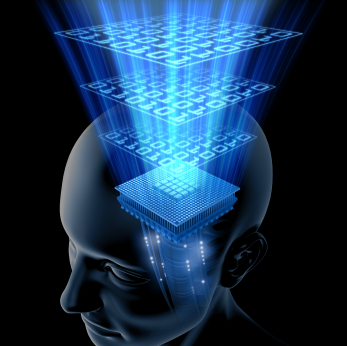What Do You Mean It’s My Kidneys?

Most seem to think that if their upper low back doesn’t hurt on the sides or if it doesn’t burn when they urinate that their kidneys are fine. This can be far from the truth. There are certainly levels of kidney malfunction that may occur without this type of direct discomfort. More often than not there is no kidney or urine discomfort at all. Nevertheless the kidneys are failing to properly clear all of the toxins out of the blood or are failing to maintain proper mineral balance. Symptoms of this type of malfunction may express far away from the kidneys themselves.
If the kidneys are failing to take metabolic toxins or poisons out of the blood the person may end up with a headache for instance. The toxins in the blood may affect the thyroid gland or pancreas and cause tiredness, low metabolism and blood sugar problems. They can be hard on the heart and make the person feel weak. The poisons can infiltrate into the joints and cause painful joints. They may affect the nerves including the internal brain and cause the entire nervous system to be excitable or cause insomnia. Toxins in the blood from kidney malfunction may be very hard on the arteries and veins and lead to arteriosclerosis and vein problems as well as contribute to rapid pulse and high blood pressure.
If the kidneys are inefficient at removing the toxins out of the blood the body may seek alternate routes for toxin removal. Should the toxins come out through the skin the person may end up with a rash. The liver may takeover and clear toxins out of the blood and dump these toxins that are supposed to go out through the kidneys into the intestine for removal. Unfortunately the small and large intestines are not designed for large amounts of toxins that are supposed to be clearing through the kidneys. This often results in inflamed and irritable bowels and may ultimately lead to conditions such as spastic colon and Crohn’s disease.
Besides removing toxins out of the blood, the other major function of the kidney is to maintain proper mineral balance in the body. It does this by retaining the proper minerals in the correct amounts and urinating out the proper minerals in the correct amounts. Hormones such as those from the adrenal gland and pituitary regulate this as does the nervous system. If the kidneys are not functioning properly in this regard excess minerals may be lost through urination. This includes sodium, potassium calcium, and certain trace minerals. You may be taking in plenty of minerals in your diet yet be suffering from symptoms of mineral deficiencies. This can take the form of dry or inflamed joints or tissues, muscle cramps and soreness, a brain that doesn’t function well, acid/base imbalances, digestive and gland problems and any of the other symptoms associated with calcium and mineral deficiencies.
Since mineral balance and fluid balance go together (minerals draw the fluids into tissues) the body may end up with fluids where they are not supposed to be. Excess fluid may result in the legs or abdomen or in all of the tissues in general causing swollen arms and legs, distended abdomen, cellulite and weight gain. Excess fluid can also be hard on the heart. The kidney plays a direct role in blood pressure by producing an enzyme called renin. Renin activates a specific hormone that raises blood pressure. The kidney also makes a hormone called erythropoetin. This hormone tells the bone marrow to produce red blood cells. Certain types of blood problems can relate back to the kidneys.
Like all other organs, any of the basic causes of disease can result in kidney malfunction. This includes allergies, infection, spinal misalignment, nerve injury to the nerves supplying the kidney, physical injuries, radiation, chemical and heavy metal toxins, bio-chemical poisons, genetic and mental stresses. Determining which of these is the culprit, correcting the underlying cause as possible and supplying kidney supportive nutrition may correct many problems that you might not at first associate with the kidney. Once corrected, many long term problems associated with digestion, joints, chronic infections, inflamed intestines and skin disappear. Sometimes classic kidney function tests pick up kidney malfunction, sometimes not. Due to the off and on nature of some kidney problems they can easily be missed. Many times, due to over-specialization in the medical field, the kidneys are never even checked for many of the health conditions listed above. Cause Point Correlative Testing does a wonderful job of screening for kidney malfunction and when a proper clinically designed nutritional program is applied, most kidneys will heal. When the kidneys heal you may find that chronic problems that have been plaguing you have magically disappeared. Call (260) 459-6160 (Ft. Wayne) or (773) 929-3964 (Chicago) for an appointment or give this mailing to someone who might benefit from this information.
Dr. Dave Murdock D.C.











